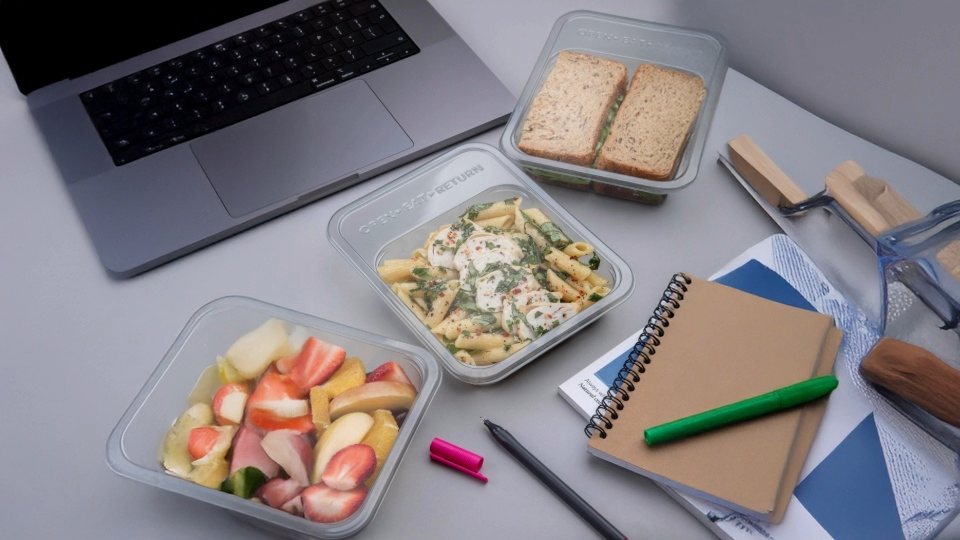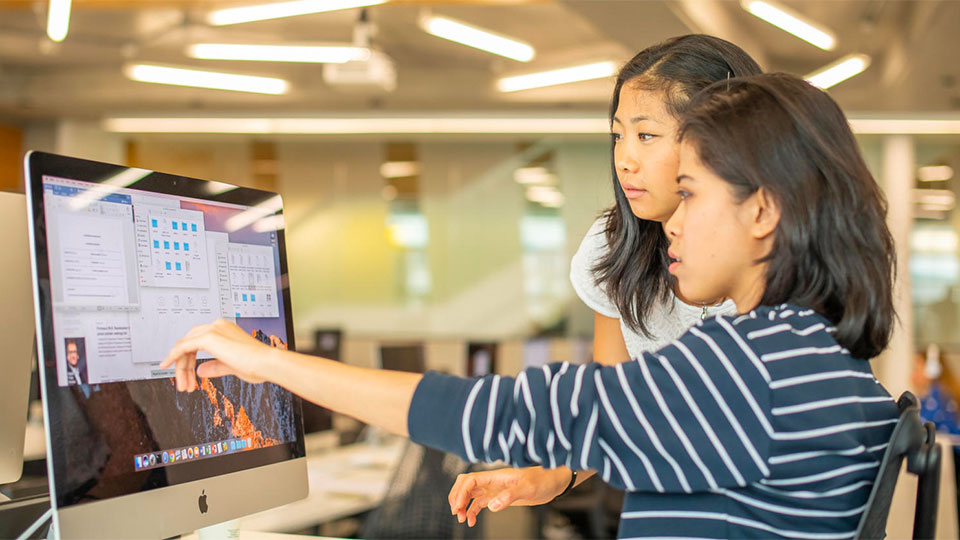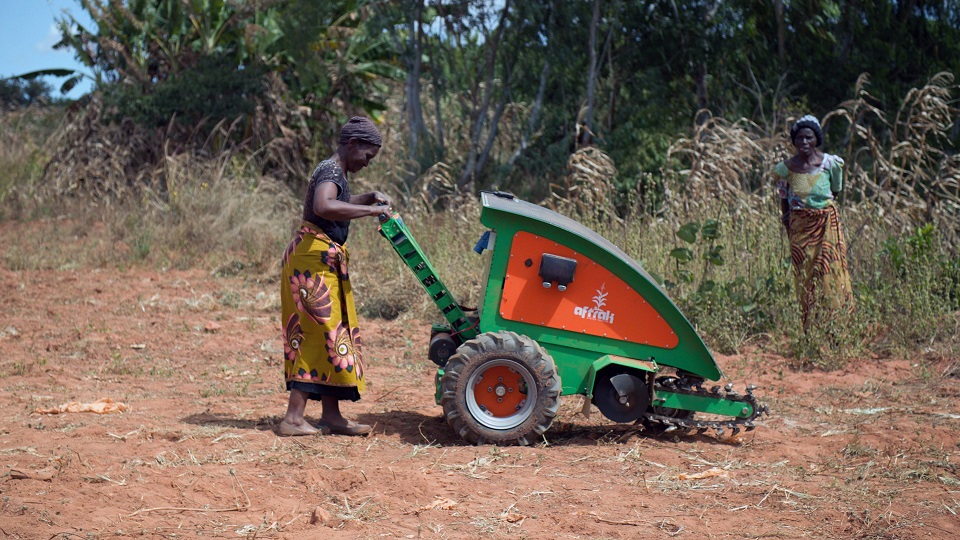We all know plastic is a huge problem for our planet. In reality, it really depends on how you use it. The use of plastic in packaging today is problematic.
Due to its low cost and versatile properties, there is a significant demand for single-use plastic packaging within the food industry. Unfortunately, most of this packaging ultimately becomes waste that ends its life either incinerated or in a landfill.
We need to transition to a more responsible circular system in which plastic packaging for food is reused, thereby reducing its negative environmental impacts. This is the focus of our research here at Loughborough University.
We are living in a time of climate crisis and now more than ever we need innovative new approaches, such as those explored in the Perpetual Plastic for Food to Go project, to tackle single-use plastic packaging waste.
Dr Garrath Wilson
Combining climate change and net zero research expertise with a background in product design and development, Dr Wilson has always sought to bring innovative perspectives and design-led approaches to solving complex industry and consumer challenges.
A co-founder of The Planetarium, which brings together art and design sustainability research and pedagogy at Loughborough University, Dr Wilson is also independently recognised as an international leader in design for circular innovation research, from his early work designing domestic energy feedback interventions, to defining mobile phone hibernation, through to leading the multidisciplinary Perpetual Plastic for Food to Go project. Recently the Perpetual Plastic for Food to Go project reached completion after three years of research, earning recognition at the prestigious edie Awards 2024 with shortlisting for ‘Circular Economy Innovation of the Year’.
As Dr Wilson recently noted in a presentation at the National Oceanography Centre, the urgency of the climate crisis demands more radical directions in plastics research and he is very much looking forward to this challenge, continuing to lead the way with colleagues and facilities here at Loughborough University.
Our impact
- Led by Loughborough University in collaboration with industry partners from across the food to go supply chain, the Perpetual Plastic for Food to Go (PPFTG) project took a design-led multidisciplinary approach, exploring supply chain values, technologies for tracking and hygiene assurance, and consumer behaviours.
- A novel reusable Food to Go plastic pack was designed and produced in collaboration with our project partner Klöckner Pentaplast, appropriate for a ‘reuse on the go’ system.
- We pushed the boundaries of existing manufacturing lines and knowledge to prove that design for circularity was possible without the need for significant investment. The pack was shown to survive at least 10 ‘use cycles’, from filling and sealing to customer purchase and consumption, then washing and re-filling, with minimal deformation.
- Members of the PPFTG project took part in the All-Party Parliamentary Sustainable Resource Group evidence roundtables, influencing the ‘Unpacking the Circular Economy: Unlocking Reuse at Scale’ report. This report provides a solid foundation for policy makers and industry stakeholders to deliver a successful transition to a circular economy of plastic packaging.
- A novel tracking method, through the modification of the properties of plastic, was invented with Higher Education Impact Fund funding secured for its further development, protection, and commercialisation.
Research in numbers
Sandwich boxes through to crisp packets and napkins generates around 10.7bn items of waste annually in the UK alone.
Less than 30% of plastic waste is collected for recycling
As part of the PPFTG project we conducted an online survey with Marks and Spencer’s customers and exposed the difficulties they have understanding conventional food to go pack forms leading to incorrect disposal behaviour.
Funders and Partnerships
Perpetual Plastic for Food to Go (PPFTG)
The Perpetual Plastic for Food to Go project was supported by UK Research & Industry’s Smart Sustainable Plastic Packaging Challenge, delivered by Innovate UK and managed by the Natural Environment Research Council (NERC) [grant number NE/V01076X/1].
Hubbub Foundation UK
Hubbub are a charity focussed on creating environmental change. Since 2014, they have been designing collaborative campaigns, engaging with UK citizens, to inspire new ways of living that are good for the environment.
Klöckner Pentaplast Group
Klöckner Pentaplast are a manufacturer of rigid and flexible plastic packaging solutions. They aim to deliver food products safely to meet the needs of a modern-day society, while optimising the use of scarce resources.
Marks and Spencer Group plc
M&S are a UK headquartered major multinational retailer. M&S are committed to an ecologically and ethically responsible in-house programme called ‘Plan A 2025’ that has already seen M&S become the first carbon neutral major retailer in the world.
MULTIVAC UK Ltd
Multivac offers a wide range of plastic forming and sealing technologies, including trays, film pouches and vacuum packs to produce protective food packaging solutions.



